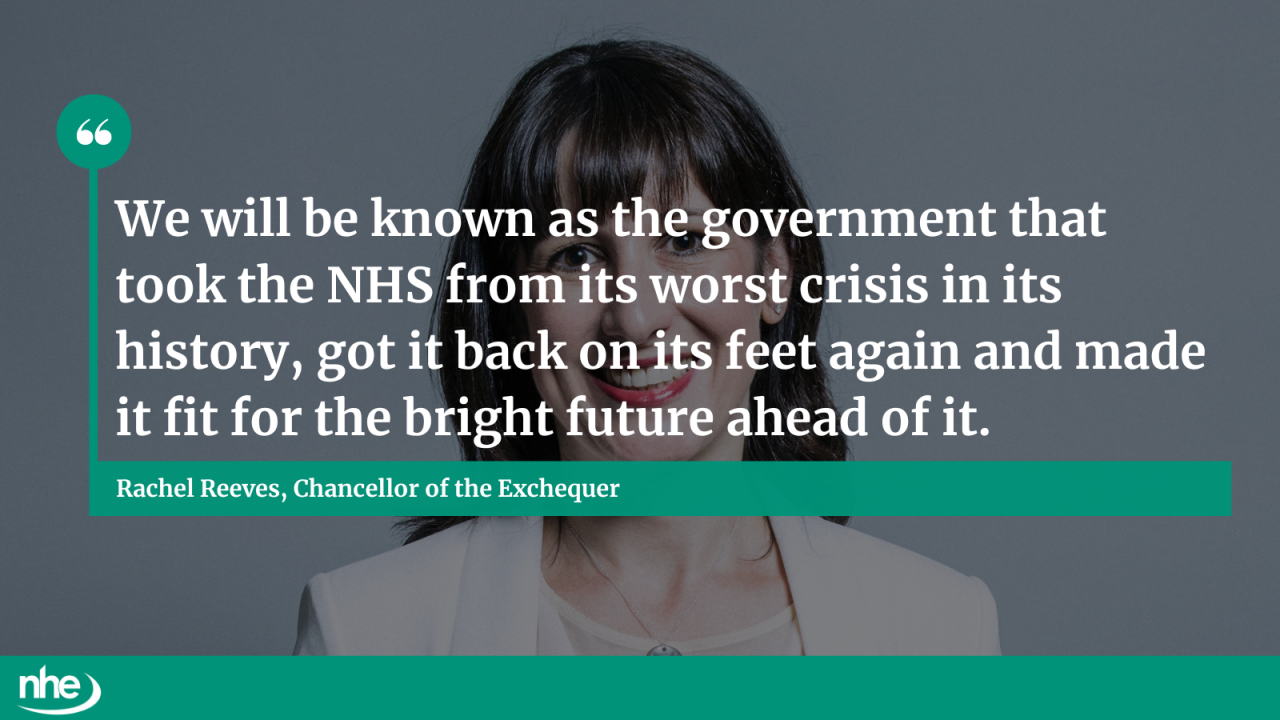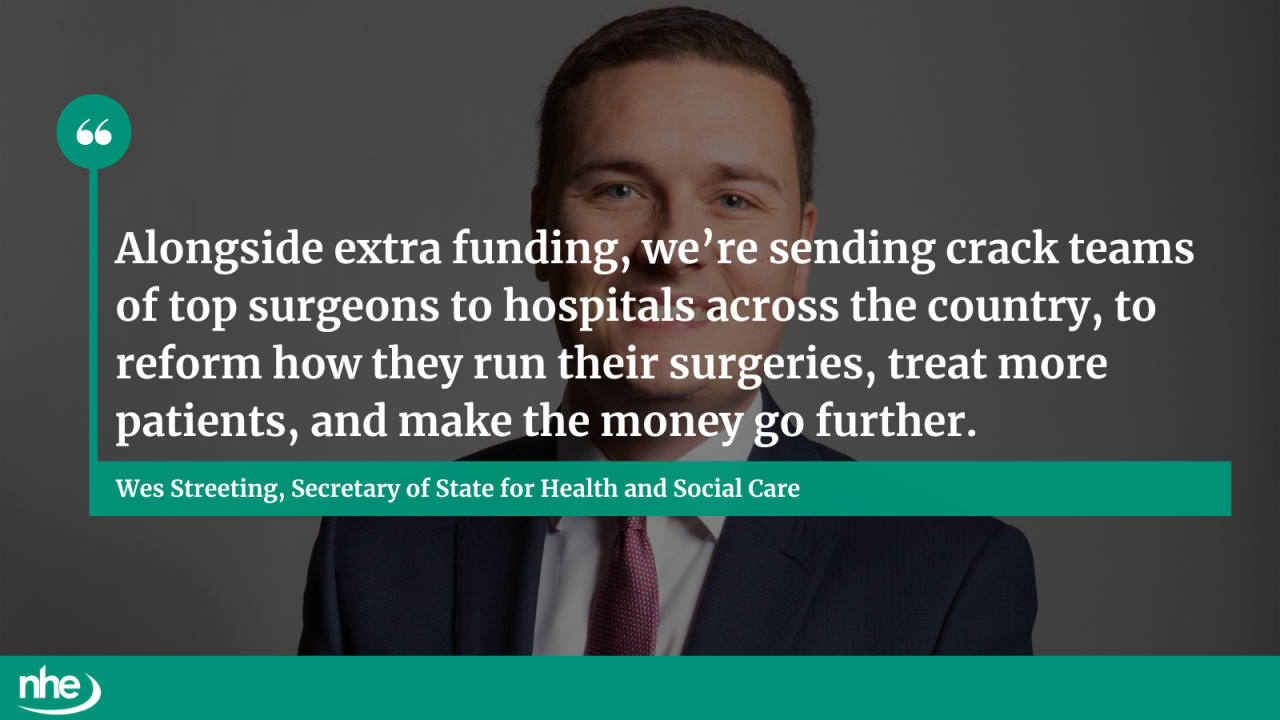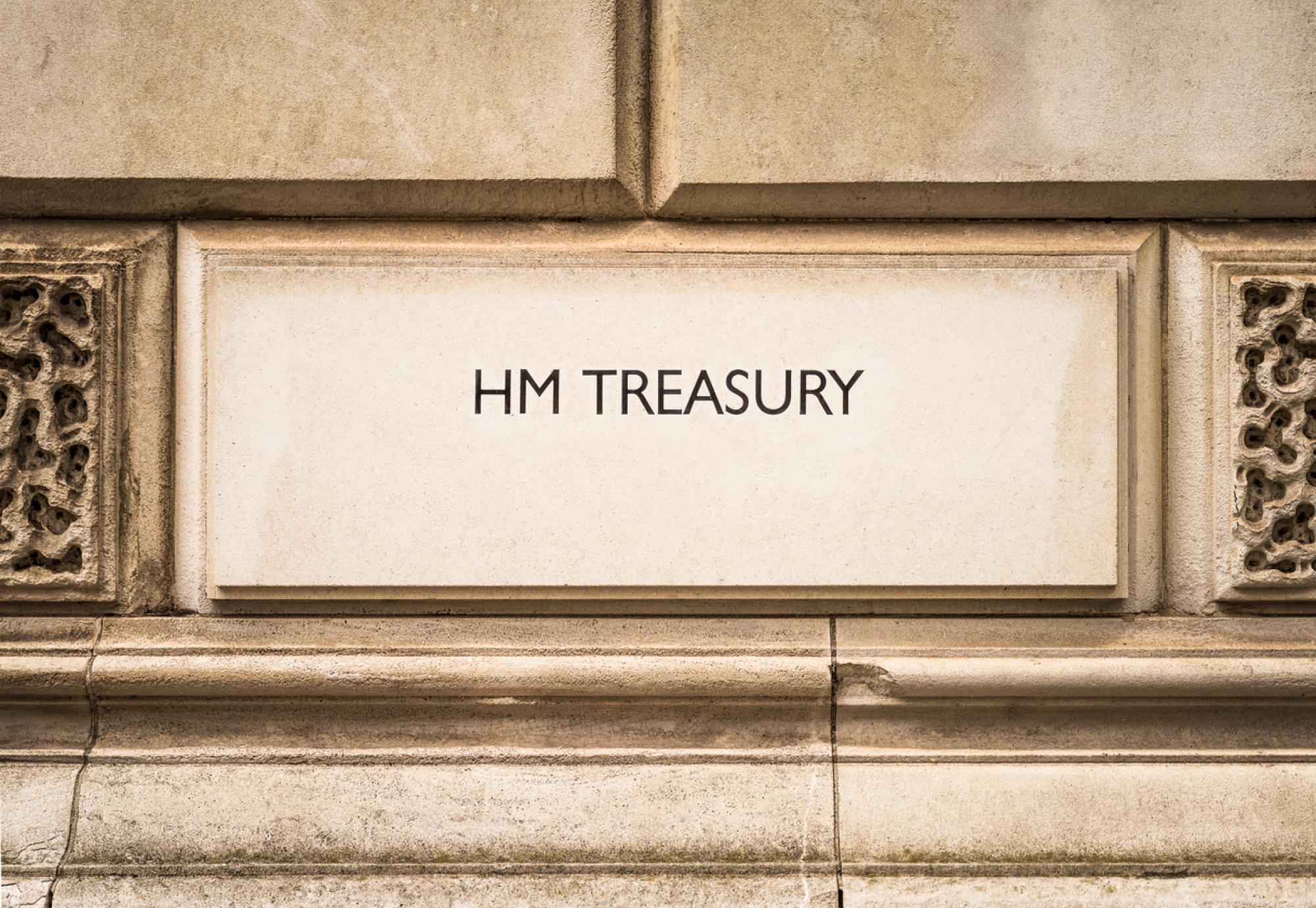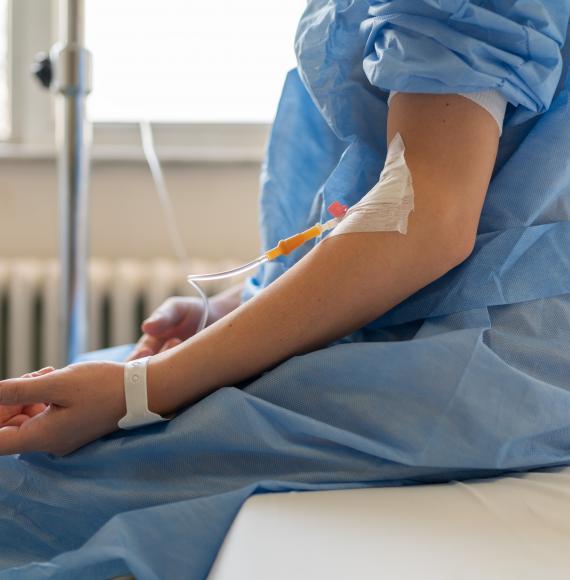Ahead of tomorrow’s budget, the treasury has announced that £1.5bn of capital investment will be made available to the NHS for new surgical hubs and scanners, as part of a move to reduce waiting lists and deliver more elective appointments.
This will come alongside £70m ringfenced for new radiotherapy machines, as the government looks to make new capacity to deliver on its manifesto pledges.
A welcome step
The news has been widely welcomed in health service circles, with the NHS Confederation describing the news as a “step in the right direction”.
Funding and financial headroom has been a talking point within the NHS for a while, but an NHS Providers report indicated that more than nine in 10 (92%) leaders were expecting this year to be more challenging than the last.
This came after the NHS Confederation itself urged chancellor Rachel Reeves to address the financial outlook of the NHS at the earliest opportunity. “Ahead of a difficult winter, this support is much needed,” said the organisation’s CEO, Matthew Taylor, in response to this news.

Reeves added: “We will be known as the government that took the NHS from its worst crisis in its history, got it back on its feet again and made it fit for the bright future ahead of it.”
More to come?
While welcome, leading figures across the sector will highlight things like the backlog maintenance bill recently creeping up close to £14bn – among other things – as additional issues.
The solution to the NHS’s plight has been touted, in essence, as more long-termism – whether that be multi-year funding settlements or the preventative mantra the new government seems to be taking.
This is something health chiefs will hope is addressed in the upcoming 10-year plan, which is expected to launch in the spring.
“Today’s announcement should be the opening salvo in a wider programme of investment and reform,” said the Health Foundation’s CEO, Dr Jennifer Dixon.
While a long-term outlook would be welcome, however, it is clear the government cannot neglect the problems of now while attempting to solve the problems of tomorrow – the Darzi report put the NHS in “critical condition”.
Reform needed now
As of August, 7.6 million were waiting for planned treatment – more than 280,000 had been waiting more than a year for an operation, scan, or appointment.
Part of this immediate action will include the NHS sending top clinicians to hospitals up and down the country this week to roll out reforms to working practices.

This, in turn, is expected to cut waiting lists but Labour is also targeting the areas of highest economic inactivity in a bid to get more people back into work and boost the economy.
“Alongside extra funding, we’re sending crack teams of top surgeons to hospitals across the country, to reform how they run their surgeries, treat more patients, and make the money go further,” explained health secretary Wes Streeting.
NHS Providers’ deputy CEO, Saffron Cordery, said: “Trust leaders hope that the government’s Budget will equip them to meet the many big challenges facing the NHS.”
This will go beyond new scanners and equipment and extend to having enough staff and having a social care system strong enough to support the NHS adequately.
Image credit: iStock



















